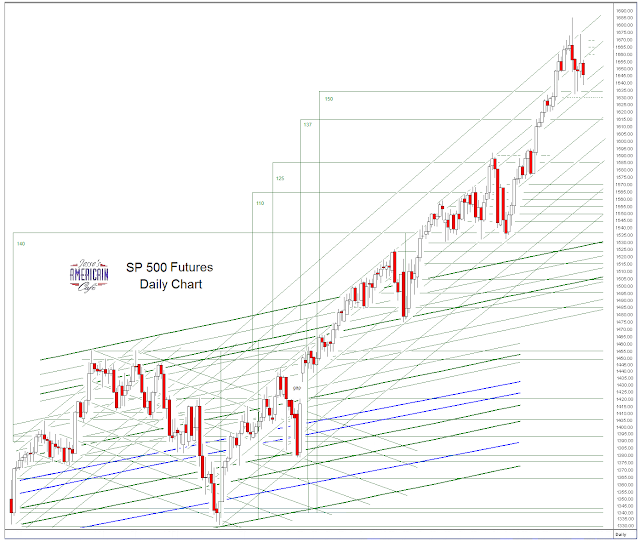The prices are higher,
sans exubérance.
I have not seen the gold and silver crowd so gloomy since about 2000-2001 when the consensus was that gold was 'dead money.'
And of course we know that this marked the bottom of around $250 per ounce.
I was not watching gold at the time. I was watching the big triple top in the dollar, and the antics in the equity markets, and wondering what was going on.
That time was marked by the selling of Britain's gold reserves allegedly to bail out the bullion banks it is said, which has since become known as
Brown's Bottom.
The disconnect between reality and the financial markets seems quite vividly to resemble the tech and housing bubbles, when the markets were marked by a pronounced mispricing of risk, and rampant bad behavior and white collar theft of assets. These things can go on for some time.
What does one call a
negative bubble, a time when prices are pushed artificially lower, in order to use overvalued paper to pick up productive real assets on the cheap?
I thought Russia's proposal to the G20 for
more transparency in the global raw materials markets was interesting, although the G20 have pulled the original press release from its web site. Are we seeing some discord in the emerging global oligarchy? One can only hope.
I could not help but notice that there was no press release, and not even one word, that came out of the meeting of the G20 in Istanbul over the 'reinventing of Bretton Woods.' The principals who are in charge of communication will not even acknowledge emails. But the G7 finance ministers called an emergency meeting for the following weekend, which also released very little news except that they were exploring ways to mitigate the corruption in the financial industry.
You can fool some of the people all of the time, and all of the people some of the time, but you can not fool all of the people all of the time.
And some of those people have enough power to resist you when you inevitably resort to more than persuasive means. And this is the great flaw in
Modern Monetary Theory, whether it is
debt based or
Treasury based. People rarely govern themselves wisely, much less oversee the wealth of others when it can be so easily taken, especially when there is a lack of transparency and accountability. It matter little how one
rolls when the system itself is corrupt.
The banal chatter and triumphalism of the economists is quite discouraging, as once again they willfully miss what is happening all around them. A few are raising their voices, somewhat timidly, but the most of them are all too willing to go along to get along, or to safely lose themselves in triviata of their fallen profession.













































